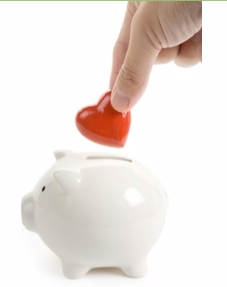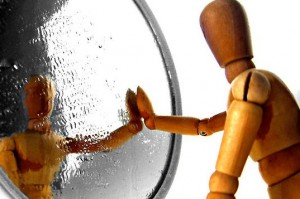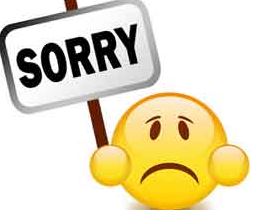 The amount of energy we spend versus how much we generate is a simple way of appreciating our sense of fulfillment in life. We can look at this measurement on a large scale, a year for instance, or at the micro level of a more routine encounter with another person.
The amount of energy we spend versus how much we generate is a simple way of appreciating our sense of fulfillment in life. We can look at this measurement on a large scale, a year for instance, or at the micro level of a more routine encounter with another person.
The quality and value of our relationships with others is determined by the sum of a collection of exchanges or interactions. Every exchange includes both inputs and outputs of energy. If we drill down deeper, we may understand why we value a relationship the way we do by assessing the quality and quantity of what we give and receive, and how well we are able to make adjustments to this balance.
Making adjustments means figuring out how to adapt the relationship to work for us better and hopefully negotiate with the other to do the same. The ingredients of a fulfilling relationship include passion, vulnerability, ownership (of thoughts, feelings, actions) curiosity and energy. The greater the quality and quantity of these ingredients, the greater our emotional investment will be. However, the greater our investment, the greater the risk, because what we put in may not match what we get by the other person.
Investment always involves a risk.
Financial planners will tell us that the reward for taking on risk is the potential for a greater investment return long term. We balance our risk taking with protectiveness. Exercising caution in relationships, being wise about how and when to invest further, helps us manage our fear of risk. Similar to the types of stocks we chose or whether we put our money into a savings account, fulfillment in life and relationships is determined in large part by our willingness to lose and our desire to gain.
Wise investors in emotional intimacy consider needs (love and belonging), coping skills (internal and external resources), and how much unpleasantness we can tolerate in the short and long terms) when determining how much energy to put up in hopes of a pay-off.
There are no sure bets, but the more we know about the resources we have to give and how and when to protect them, the more likely we are to cash in on our deepest relationship rewards.





